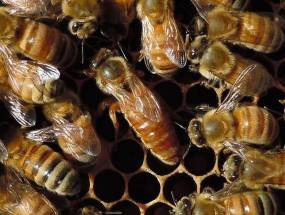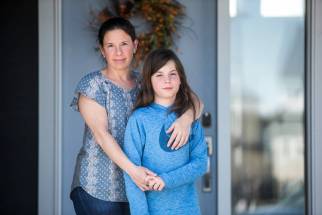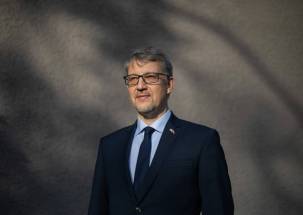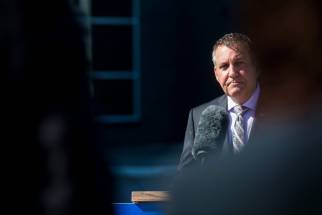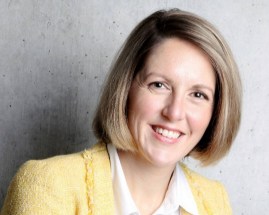Latvia navigating geopolitical high wire toward hopeful new order ‘Russia needs to lose in this war,’ former Soviet nation’s ambassador to Canada tells Free Press
Read this article for free:
or
Already have an account? Log in here »
To continue reading, please subscribe:
Monthly Digital Subscription
$0 for the first 4 weeks*
- Enjoy unlimited reading on winnipegfreepress.com
- Read the E-Edition, our digital replica newspaper
- Access News Break, our award-winning app
- Play interactive puzzles
*No charge for 4 weeks then price increases to the regular rate of $19.00 plus GST every four weeks. Offer available to new and qualified returning subscribers only. Cancel any time.
Monthly Digital Subscription
$4.75/week*
- Enjoy unlimited reading on winnipegfreepress.com
- Read the E-Edition, our digital replica newspaper
- Access News Break, our award-winning app
- Play interactive puzzles
*Billed as $19 plus GST every four weeks. Cancel any time.
To continue reading, please subscribe:
Add Free Press access to your Brandon Sun subscription for only an additional
$1 for the first 4 weeks*
*Your next subscription payment will increase by $1.00 and you will be charged $16.99 plus GST for four weeks. After four weeks, your payment will increase to $23.99 plus GST every four weeks.
Read unlimited articles for free today:
or
Already have an account? Log in here »
Hey there, time traveller!
This article was published 27/05/2022 (1292 days ago), so information in it may no longer be current.
On the evening of Feb. 23, Kaspars Ozoliņš was in Ottawa, where he’d just arrived to begin his new diplomatic post as Latvia’s ambassador to Canada. Among the subjects on the top of his mind was how to respond to the rumbling of war that was growing louder from Russia; that same day, in fact, Latvia had sent anti-aircraft missiles to Ukraine.
That night, Russia’s full-scale invasion of Ukraine began. Ozoliņš, a veteran diplomat who had once headed his government’s Russia policy division, wasn’t surprised by the war itself, though he was shocked by the scope and intensity of the aggression.
“I was believing that something is going to happen, but I couldn’t imagine the scale and I couldn’t imagine the brutality,” the ambassador says, speaking to the Free Press for nearly two hours this week at Buvette, a new Osborne Village café started by longtime Latvian-Canadian chef Alex Svenne and his daughter, Ursula Svenne.
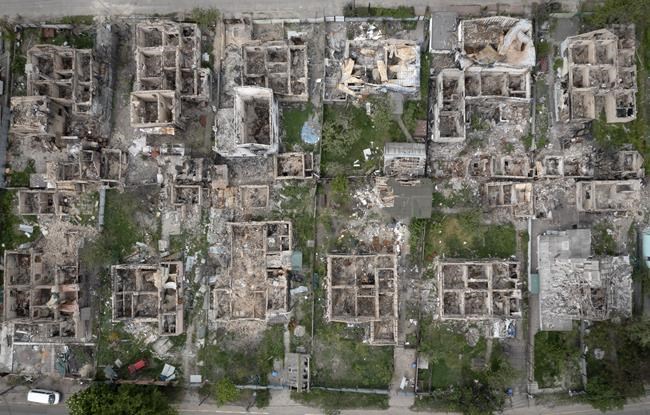
With that, Ozoliņš began his work in Canada at a pivotal moment for Latvia, and for his nation’s relationship with Canada. Since the war started, three top Latvian officials, including prime minister Krišjānis Kariņš, have visited this country; in March, Justin Trudeau visited Latvia, where he announced the renewal of Canada’s NATO mission in that country.
And Saturday, Ozoliņš will speak to 500 soldiers from CFB Shilo, who are headed to a six-month deployment in Latvia as part of that Operation Reassurance. Earlier this week, Latvian president Egils Levits said he plans to ask for a full brigade of up to 5,000 NATO troops to be stationed in Latvia to serve as an increased deterrent against Russian aggression.
These movements underline the stakes of this geopolitical moment, as the effects of Russia’s war in Ukraine ripple across Europe. While Ozoliņš did not imagine the intensity the war would take, he was surprised, too, by the speed and cohesion with which European countries and NATO member nations came together to respond.
“I was believing that something is going to happen, but I couldn’t imagine the scale and I couldn’t imagine the brutality.”
– Kaspars Ozoliņš on Russian invasion of Ukraine
“I think it was also something Putin didn’t anticipate,” he says. “He thought he would have some wiggle room and be able to play one country against the other one. That’s what he expected, that there would be splits among the European Union and NATO countries as to what type of policies should we make…. But we are not in that type of situation.”
Of all Ukraine’s backers in Europe, Latvia, together with its Baltic neighbours Estonia and Lithuania, as well as Poland, has emerged as the most steadfast. It has sent the equivalent of one-third of its annual defence budget to military aid for Ukraine, welcomed 30,000 refugees into a nation of just 1.9 million people and led calls for stronger international responses.
There are many reasons for this, Ozoliņš says. One is that, in his view, Latvia has a “moral obligation” to stand with Ukraine, as a country that experienced Soviet occupation during the Second World War, and as a fellow former Soviet country; those “personal experiences” have spurred the Baltic countries and Poland to be the most vocal, he says.
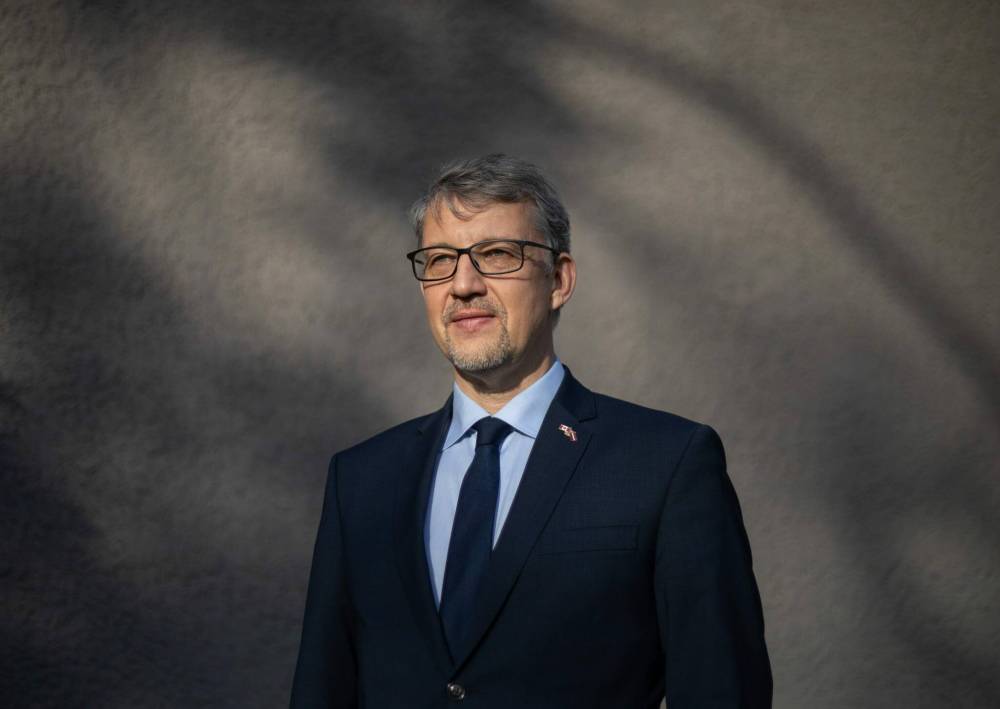
It is also a matter of Latvia’s own security. Paradoxically, Ozoliņš says, Latvia may actually feel safer now than it did prior to 2014, when war began in Ukraine’s eastern Donbas region, or even since before February’s invasion. The response NATO generated has been “very reassuring” to the nations on NATO’s eastern flank, including increased defence planning, he says.
But over a longer term, it’s critical for countries such as Latvia that there be no reward for a war of aggression, he says.
“Russia needs to lose in this war,” he says. “It cannot be allowed to gain anything. Otherwise, the entire international system is in trouble, so there is very little credibility of the United Nations. But the UN is important for precisely the small countries, because the multilateral system is guarding small countries to a greater extent than the big countries.
“We have this multilateral system, and rules-based international system… as opposed to ‘might-makes-right’ principle.”
“Russia needs to lose in this war. It cannot be allowed to gain anything. Otherwise, the entire international system is in trouble, so there is very little credibility of the United Nations.”
– Kaspars Ozoliņš
To that end, Ozoliņš lists several of the most significant long-term impacts that he sees the war as having in his region.
One is that the European Union has become an active “security player” in Europe, he says, which was not initially its role; another is that with Finland and Sweden now seeking NATO membership, that will bring all of the Baltic Sea allies into the organization, which will reduce ambiguity for how NATO would operate in the event of a security crisis in that region.
Finally, he says, there has to be a place for Ukraine within Europe. While it’s “very important” that Ukraine itself determine what outcome it will accept — “We should not force Ukraine into the solution of this war that is not accepted by Ukraine itself, and by the Ukrainian people,” he says — he hopes that its allies will stay focused during what will come after.
“We believe that Ukraine is part of Europe, and it wants to be part of Europe,” he says. “We have to stay united among the EU and NATO countries. We have to support them militarily, as we have done so far. We have to support them with humanitarian aid, and we have to support them in the reconstruction, when the reconstruction comes.”
However the war ends, it will leave Latvia and other countries bordering Russia with a difficult open question: what will its relationship with Russia look like after the war? On a long-term horizon, Ozoliņš says, Latvia does not want to see Russia permanently isolated from its neighbours.
But some issues don’t have any immediate answers, he says.
“When the war is going on, it’s not our primary (focus) to try to come up with solutions for how to save Russia,” he says. “We have to help Ukraine out of the crisis first, and in a way that does not entirely compromise the international system. So in that sense we have to help Ukraine win the war, and Russia is not to be allowed to win anything out of it.
“It will take time. I think Russians themselves, they want to comprehend the situation, they will have to swallow it. I think sanctions have not kicked in in full force. They are still running on the old fat. They have to realize the situation, and they have to come to some kind of national decision as to which way do they want to continue.
“In the end, we want relations between Latvia and Russia like between Belgium and Germany, which have been multiple times in wars,” he says. “We want that type of relationship. But you cannot have that type of relationship with Russia as you have it today.”
melissa.martin@freepress.mb.ca
Our newsroom depends on a growing audience of readers to power our journalism. If you are not a paid reader, please consider becoming a subscriber.
Our newsroom depends on its audience of readers to power our journalism. Thank you for your support.

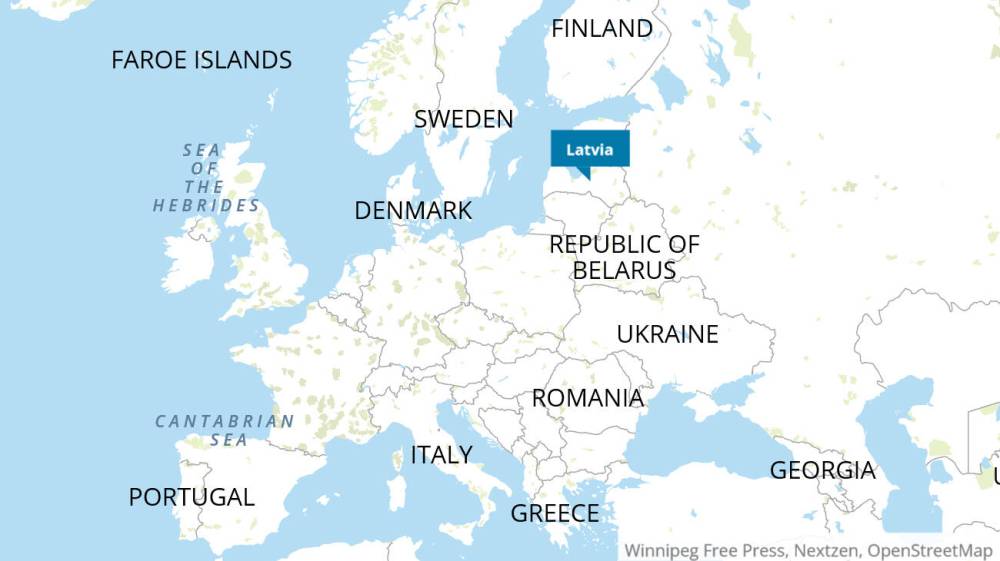

.jpg?h=215)
